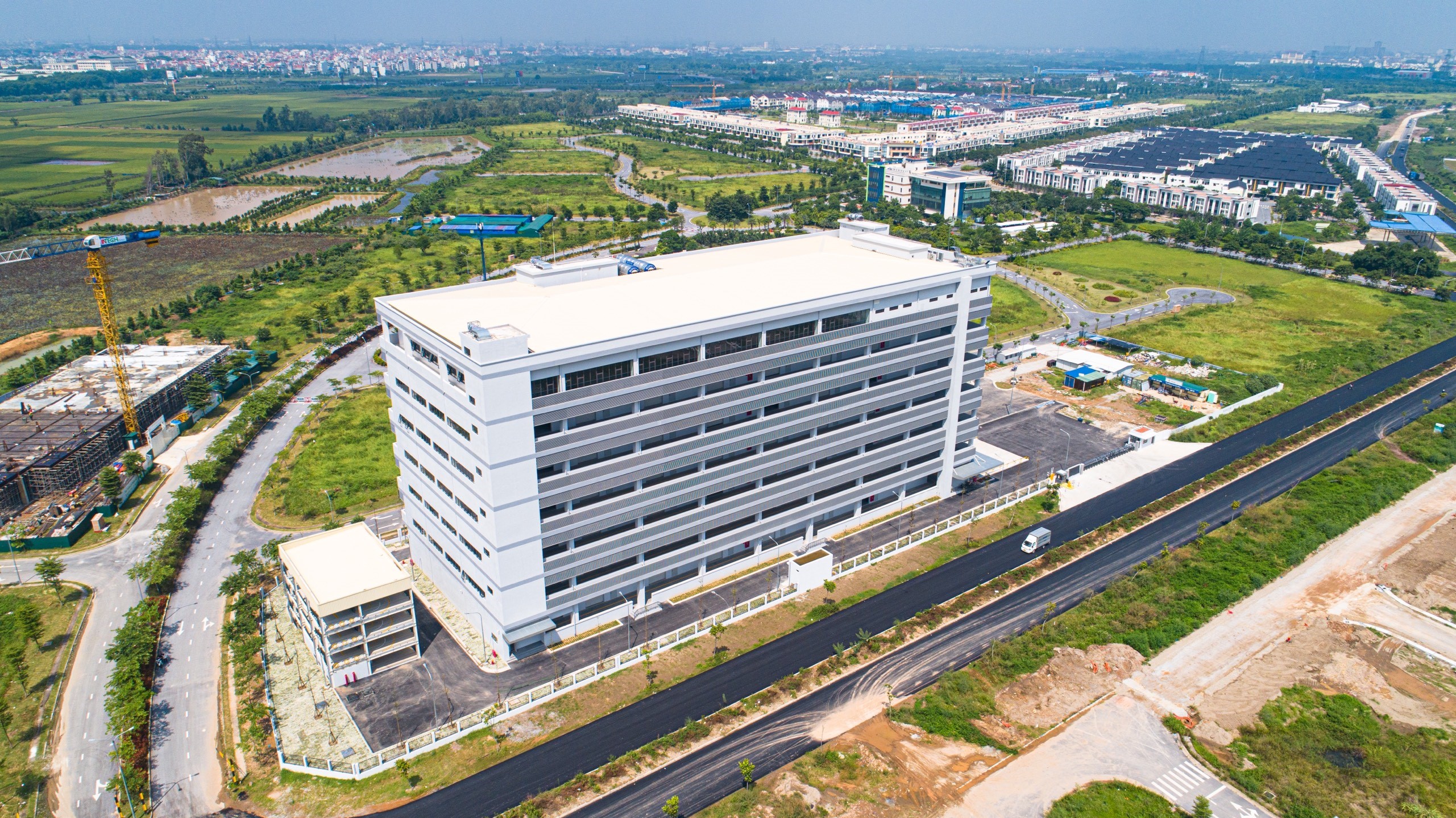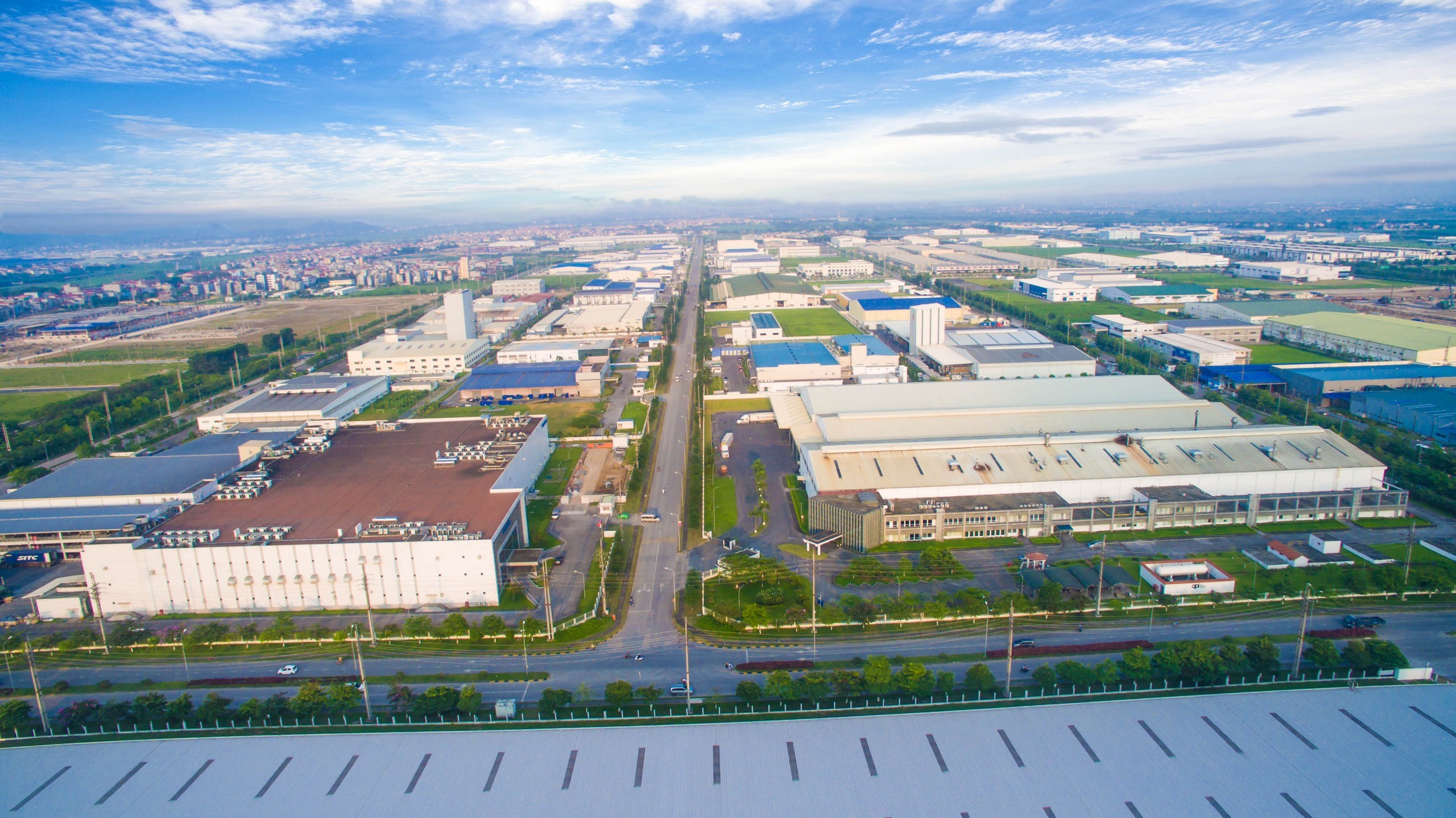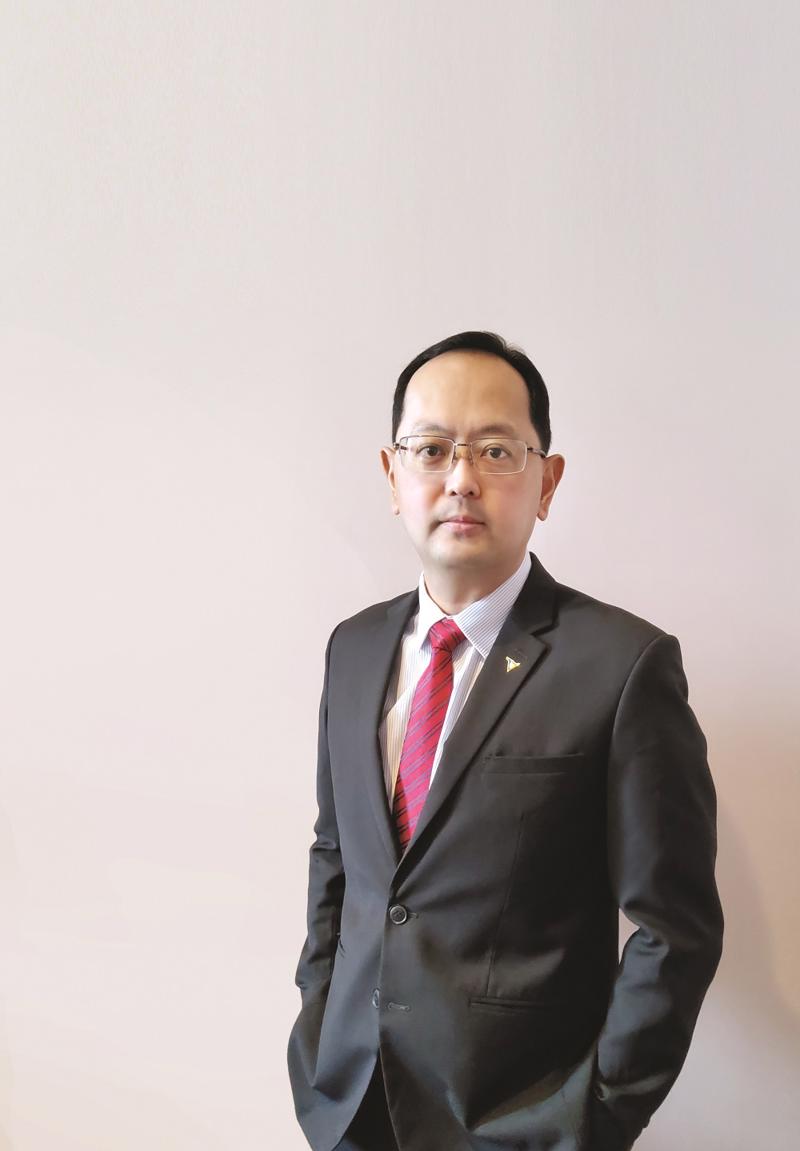Though the fourth outbreak of Covid-19 has posed many challenges for Vietnam’s real estate market, the industrial property segment still saw positive signs. What are your thoughts on the recent rising demand for ready-built / built-to-suit factories and warehouses in Vietnam?
Despite the new outbreak of Covid-19 in Vietnam, the industrial property sector has indeed seen positive signs in recent times, with new industrial parks (IPs) established and key industrial projects beginning operations. In the first five months of 2021 alone, 25 new IPs were established - a significant increase compared to the six projects in the first half of last year. The figure partly reflects the fact that industrial property remains a promising market and foreign investors have maintained their trust in Vietnam regardless of the difficulties.
Ready-built factories (RBF) and built-to-suit (BTS) factories and warehouses are expected to thrive thanks to changes in both supply and demand. The fourth wave of Covid-19 changed shopping and consumption habits and accelerated the shift towards a more digital world. This is favorable for the growth of the e-commerce industry and digital solutions, leading to the development of warehouses and logistics. Huge volumes of goods must be stored and transported locally and worldwide. The expansion of storage space and the distribution networks of e-commerce companies now dominates demand for warehouse rentals.
Many manufacturers are also moving out of China to be less dependent on one single market. Vietnam stands to benefit from this trend thanks to its convenient location, open investment environment, and political stability, which will attract more and more foreign investors.
Accordingly, ready-built factories and warehouses have become the preferred choice of investors, especially small and medium-sized enterprises (SMEs) and foreign businesses initially exploring the market. They help investors save time and money when quickly going into operation.
However, it is advisable for for-rent industrial developers to limit attracting micro-enterprises who are unable to lease clean premises and build factories, or investors who do not intend to conduct long-term investment and are still in the stage of market exploration to see how far they can penetrate into the market. When a change occurs, they may easily disappear.
At VSIP, besides standard RBF, where occupancy is full all the time, we have diversified supply with the introduction of flatted RBF. This new product has been initially and solely implemented at VSIP Bac Ninh. A flatted RBF is a high-rise, multi-tenanted complex where groups of units / companies can run individual operations while sharing certain common services and facilities. This Singapore-inspired model can help VSIP avoid future challenges in land acquisition and save considerable costs for our tenants.

Promoting sustainability has become the new guideline for IP developers in order to attract global “eagles” by offering more “green” services and amenities to their customers in the post-pandemic period. How have IPs in Vietnam been moving towards sustainability recently?
There has been a growing tendency of global “eagles” to flock to Vietnam recently. And it is always true that “birds of a feather flock together”. Global “big names” tend to cooperate with companies that take sustainability seriously. They tend to look for a partner that shares the same perspective and matches their sustainable outlook and goals.
As a result, domestic enterprises in Vietnam in general and IP developers in particular have been changing the way they do business, adapting themselves to get closer to international standards to attract these “eagles”.
In order to welcome big “eagles” from global industry to make their nest in Vietnam, the key element is thinking sustainability. Leaders need to have a long-term vision to keep the company sustainable.
From VSIP’s point of view, with a vision of being “a people-centric, environment-friendly Integrated Township Developer providing the preferred choice for all to live, learn, work and play”, we are promoting sustainability by applying smart technologies, protecting the environment, and fostering social responsibility. We have a clear commitment to build smart, safe, inclusive, and sustainable parks. Our long-term strategy is to drive economic growth in a sustainable manner for ourselves, our partners, and the local communities.

What are the prerequisites for IPs to become smart and sustainable developments?
Industrial developers in Vietnam must go beyond just buying and selling industrial real estate and start evolving along with Industry 4.0. Sooner or later, we will hear about smart IPs as frequently as we currently hear about IoT, AI, blockchain, cybersecurity, and virtual and augmented reality, etc.
The very first condition for an IP to become smart is being technology-supported. Technology is meant to encourage the efficient and responsible use of resources (like energy and water), minimize waste, and lower CO2 emissions, etc. The prerequisite for a sustainable IP is to balance profitable long-term growth, environmental concerns, and social commitments.
In general, industrial developers need to deploy technology to equally benefit the economy, the environment, and society, in order to develop sustainably.
Eco-industrial parks are believed to be the future of the industry. What are your thoughts?
Vietnam has emerged as one of the leading manufacturing hubs in Southeast Asia for foreign investors thanks to the government’s support in creating an export-driven economy, the push to solidify numerous free trade agreements, and the shifting of manufacturing philosophies from global businesses now pursuing a “China plus 1” model for their operations.
In addition to this, Vietnam’s logistics sector is expected to be the future of the country’s industrial market, with a rapidly-changing retail sector and continuous growth in e-commerce.
With this, Vietnam is seeking energy-efficient solutions to help combat growing energy demand in these two important industries and eco-industrial parks (EIP) are among the answers. Traditional IPs will soon transform into EIPs because of the substantial advantages: reducing an IP’s environmental footprint and associated costs, promoting efficiency gains and the resulting economic savings, enabling community cohesion, providing better access to finance and technical support, and enhancing business competitiveness. In short, EIPs are about to create better and smarter designed IPs that are more competitive and more resilient to economic, environmental, and social risks.
As a foreigner living and doing business in Vietnam for nearly 15 years, and especially having worked in different IP projects of the VSIP Group in Vietnam’s southern, central, and northern regions, how do you view the role of the Vietnamese Government in supporting industrial property developers to reach their targets?
From my point of view, the nature of sustainability is thinking and acting together as partners. In order to reach targets, enterprises need the government’s companionship and strong support. Firmly maintaining a stable socio-political environment, improving the quality, professionalism, and transparency of policies and laws, prioritizing investment in infrastructure development, reforming the business environment, and streamlining administrative procedures, especially those relating to land and site clearance, are key issues the government could pursue to welcome foreign investors coming to conduct long-term business and actively contribute to the country’s development.









 Google translate
Google translate